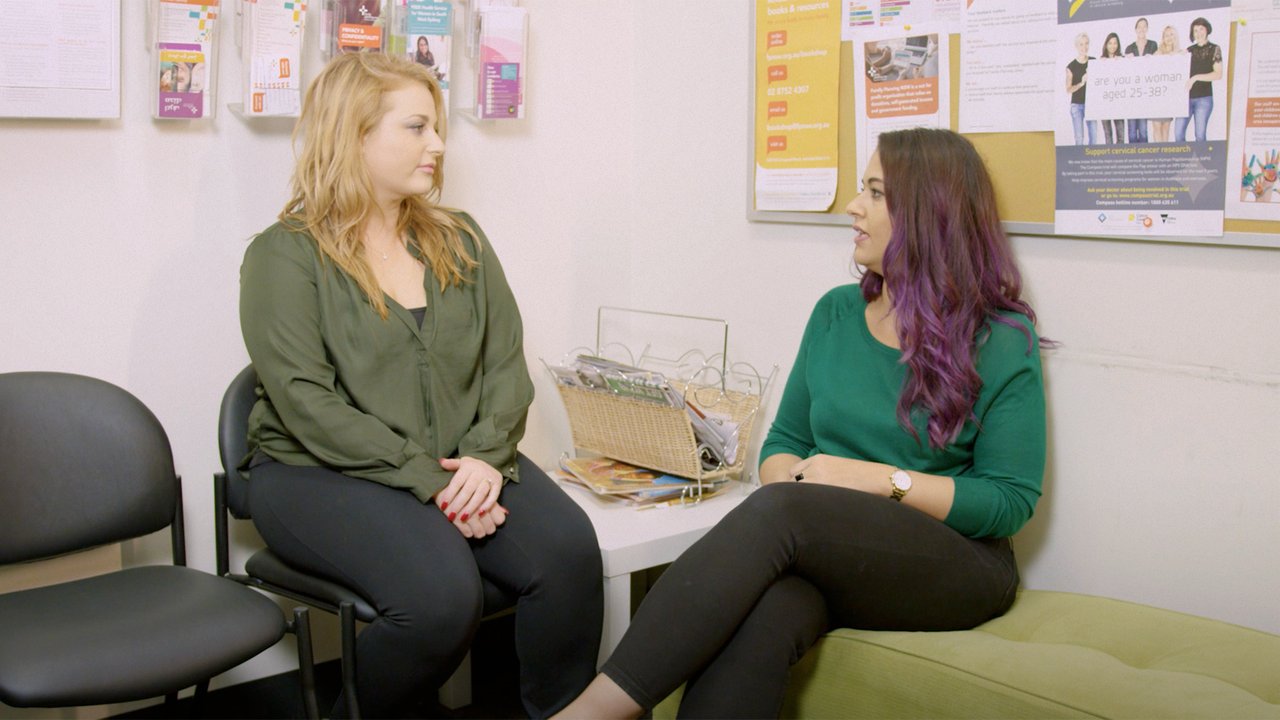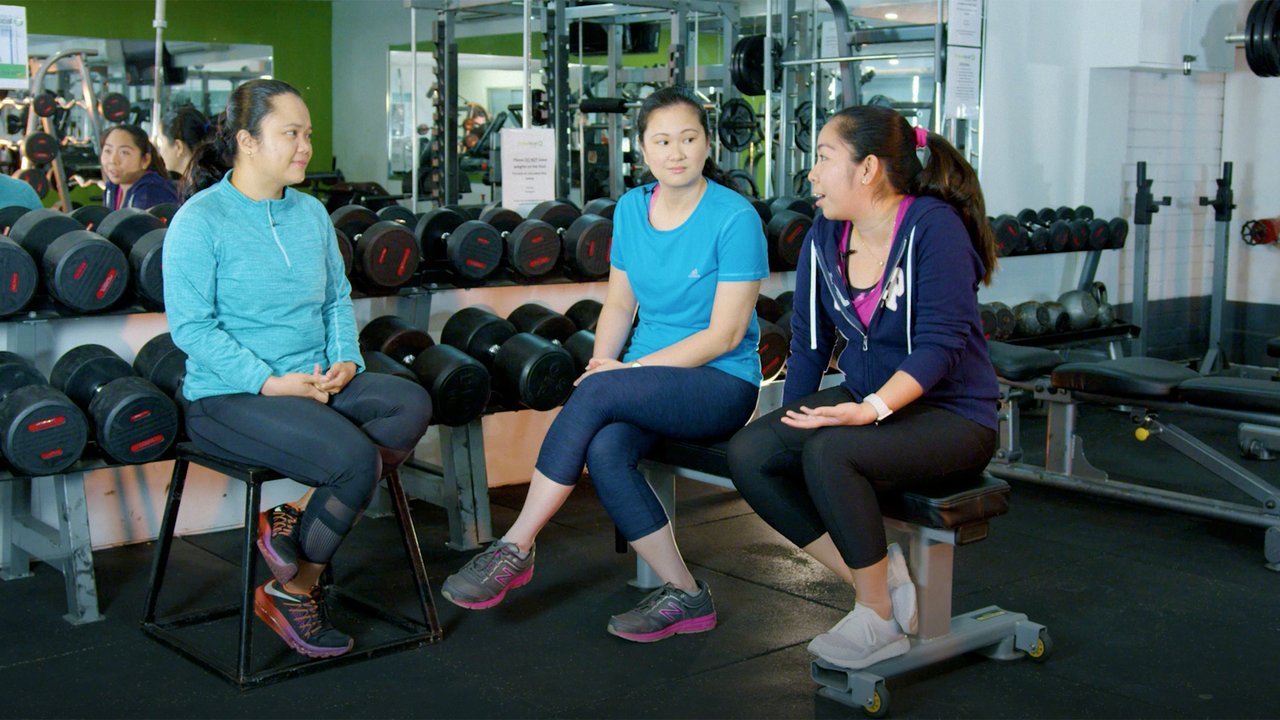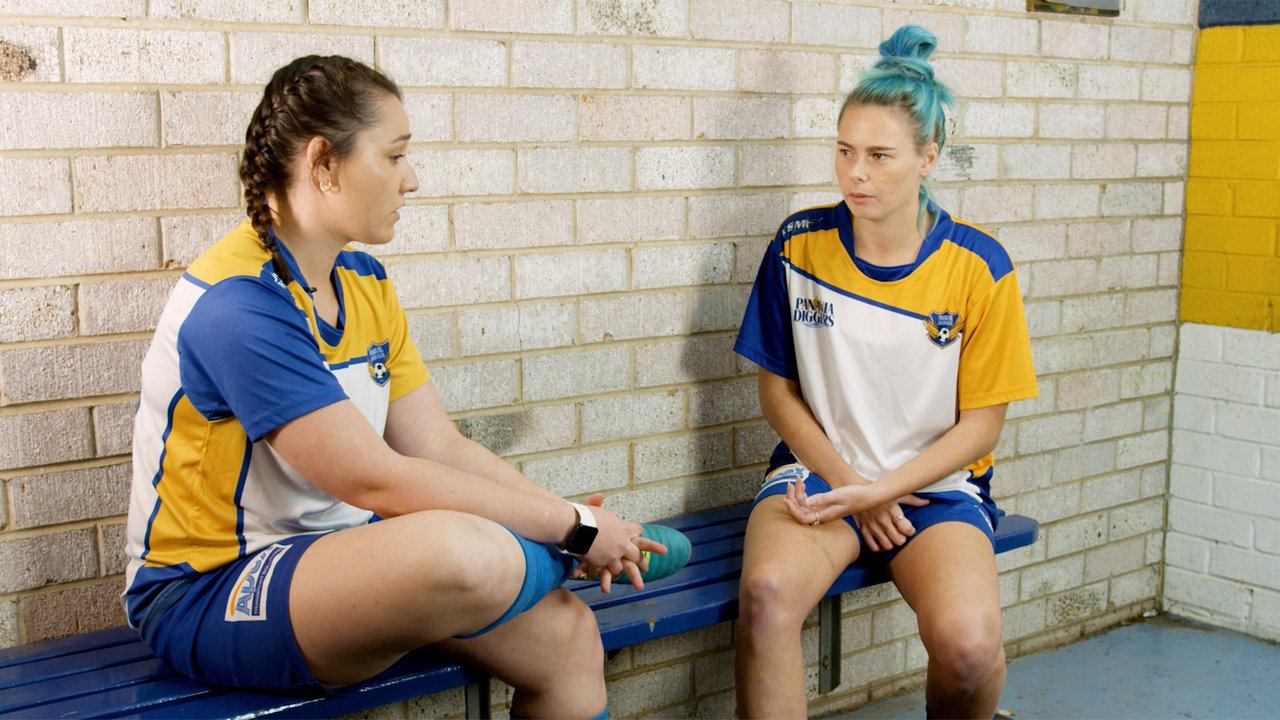Introducing the Cervical Screening Test
Almost all cervical cancers are caused by an infection called the human papillomavirus (HPV). The Cervical Screening Test has replaced the Pap test and is more accurate as it detects the presence of HPV. Most people will have HPV at some point in their life but it usually clears up on its own without causing any issues. Cervical cancer is a rare outcome of an HPV infection that doesn’t clear up by itself.
(from 1 December 2017)
(before 1 December 2017)
test for?









